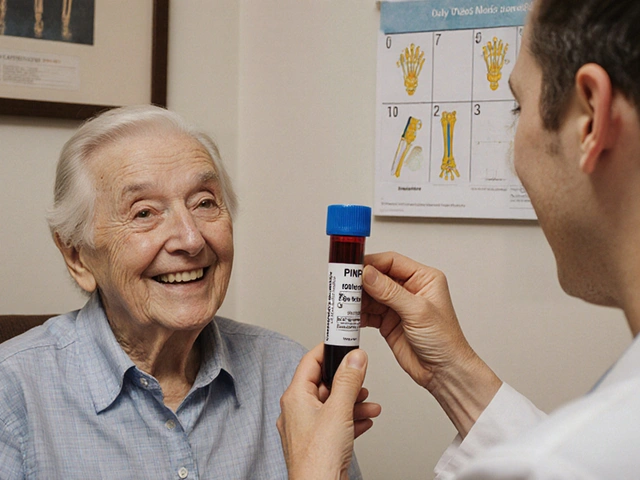Ciplox Side Effects: What You Need to Know
If you've been prescribed Ciplox (which contains ciprofloxacin), understanding possible side effects is key to staying safe. Ciplox fights bacterial infections, but like any medication, it can cause reactions that range from mild annoyances to more serious problems. Knowing what to watch for helps you avoid trouble and get the best out of your treatment.
Common Side Effects You Might Notice
Many people taking Ciplox experience minor side effects that usually pass on their own. These include upset stomach, nausea, diarrhea, or headache. Sometimes, mild dizziness or a skin rash can happen. While these tend to be temporary, if any of these symptoms stick around or get worse, it’s smart to tell your doctor.
Watch Out for Serious Reactions
Although rare, some side effects with Ciplox require immediate medical attention. Tendon problems are one of the most talked-about risks. If you feel sudden pain, swelling, or difficulty moving a joint, stop the medication and get help right away. Ciplox can also affect your nervous system—symptoms like confusion, hallucinations, or severe headaches mean you should seek urgent care.
Another critical issue is allergic reactions. Signs like trouble breathing, swelling of your face or throat, or severe itching mean you should call emergency services immediately. Though uncommon, these reactions can be life-threatening.
Lastly, Ciplox may increase sensitivity to sunlight. Spending time outdoors without protection might cause severe sunburns. It’s a good idea to wear sunscreen, hats, or protective clothing while taking this drug.
The best way to handle side effects? Stay aware and keep your doctor informed. If you notice anything unusual during your Ciplox course, don’t hesitate to reach out. This approach makes sure treatment works safely and effectively.
Ciplox Uses, Side Effects, and Safety Tips: What You Need to Know
Discover Ciplox: what it treats, how to use it, side effects, risks, and safe tips for effective antibiotic use. Learn facts to stay safe and informed.
Read





